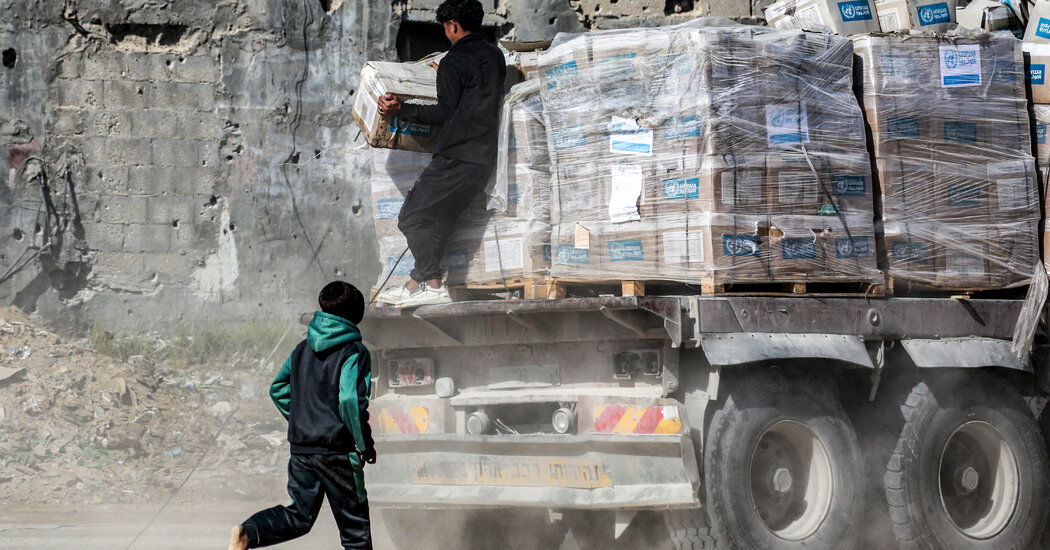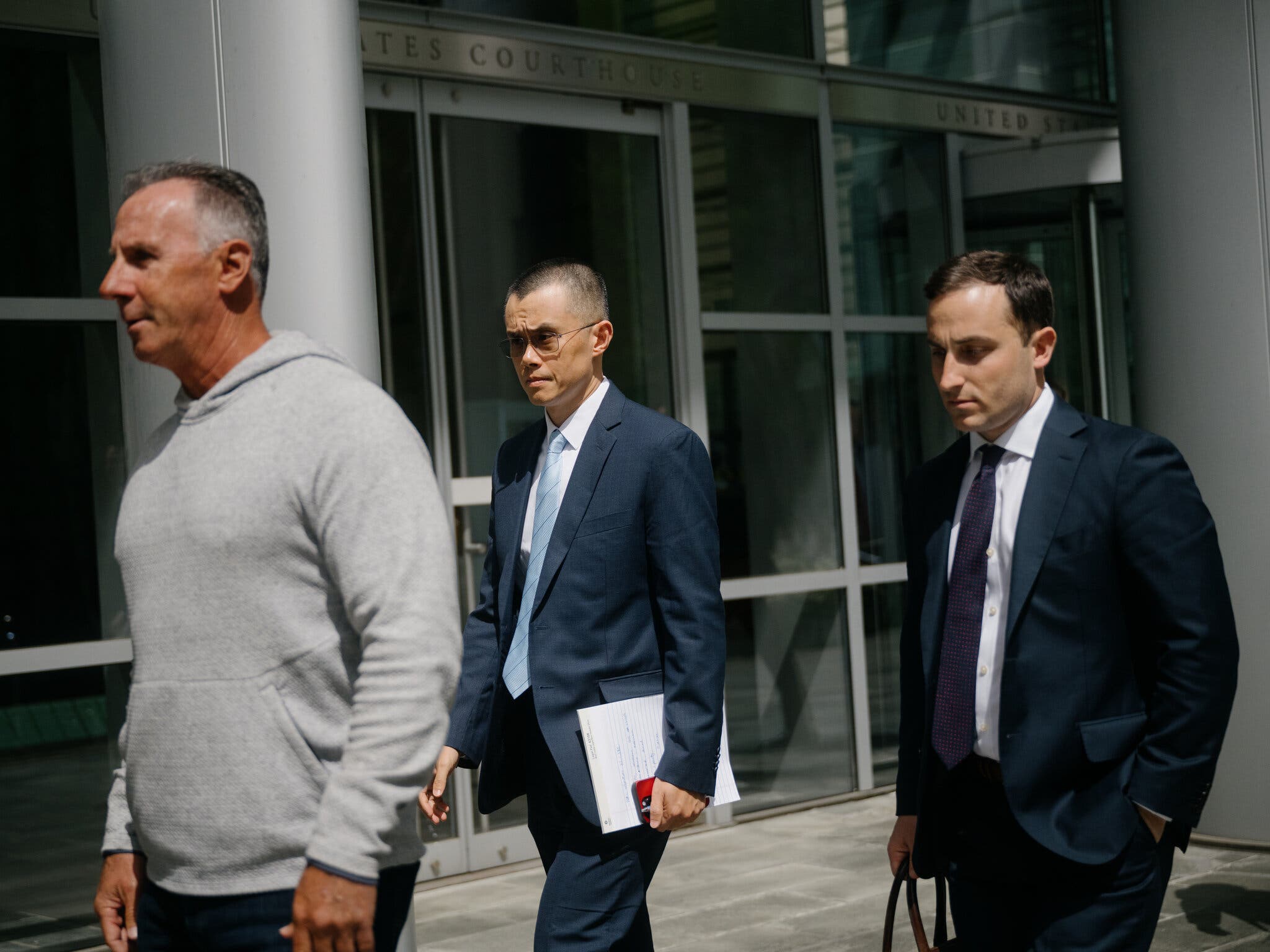UN Reduces Gaza Staff Amid Rising Tensions
The United Nations is withdrawing about one-third of its international workforce in Gaza after an Israeli tank shell hit a U.N. compound. Secretary General António Guterres described this reduction as “difficult” amidst soaring humanitarian needs and ongoing Israeli attacks. Despite this reduction, the U.N. remains committed to providing essential aid. The incident marks the first workforce reduction since the Israeli-Hamas war began in 2023. While 30 percent of international staff will leave, local Palestinian staff will continue their humanitarian efforts. An Israeli strike recently hit a U.N. facility, prompting calls for an independent investigation and adherence to international laws. Israel, defending these actions, claims their targets are Hamas militants. Humanitarian aid blockage by Israel since March 2 has left many in Gaza without basic necessities.
Reduction of United Nations Workforce in Gaza Amid Escalating Conflict
Despite the reduction in personnel, the United Nations remains determined to address the growing humanitarian crisis in Gaza. Local Palestinian staff members are continuing the vital tasks of delivering aid and assisting civilians in need amidst escalating violence. The situation is dire, with essential supplies such as food, medicine, and clean water running low due to the blockade on aid. The continued targeting of U.N. facilities and humanitarian workers complicates efforts to provide assistance. The U.N. is pressing for international intervention to ensure the protection of its operations and guarantee the adherence to international laws safeguarding U.N. premises and personnel. The organization stresses its commitment to helping civilians who are caught in the midst of the conflict, while calling for an end to hostilities and a restoration of peace for the benefit of the affected populations.
Impact on Humanitarian Aid in Gaza
The impact of the ongoing conflict extends beyond immediate casualties, as it significantly disrupts the daily lives of millions of Gazans who rely on international aid for survival. Essential services, already stretched to their limits, face further strain due to the lack of resources. Hospitals, operating under dire conditions, continue to be overwhelmed by the constant influx of injured civilians. The United Nations, despite its reduced presence, emphasizes the critical importance of maintaining humanitarian assistance to avert a complete collapse of vital support systems. With the growing need for aid, local and international organizations urge for humanitarian corridors to be opened, allowing the flow of necessary supplies and medical support to reach those in dire need.
Call for Independent Investigation into U.N. Compound Strike
The humanitarian situation in Gaza has continued to deteriorate, with the population suffering from severe shortages of basic necessities. The blockade has made it nearly impossible for residents to access critical supplies such as food, medicine, and clean water, amplifying the humanitarian crisis. Despite the withdrawal of some international staff, the United Nations remains focused on delivering essential aid to those in need. Local staff members, who are familiar with the terrain and the affected communities, are working tirelessly to distribute whatever resources are available. The organization has emphasized the urgency of resuming humanitarian aid deliveries and has called on the international community to advocate for the reopening of border crossings. The dedication of the U.N. and its local staff highlights the ongoing efforts to provide relief to the besieged population, even under challenging and dangerous conditions.
Impact of the Conflict on Humanitarian Efforts in Gaza
In conclusion, despite the significant challenges and losses, the United Nations remains determined to provide essential aid to the civilians of Gaza. The commitment to humanitarian work continues, even as the organization faces reductions in its international workforce and ongoing security threats. It is a critical moment for international cooperation and respect for international humanitarian laws to ensure the protection and survival of those affected by the conflict.















Post Comment